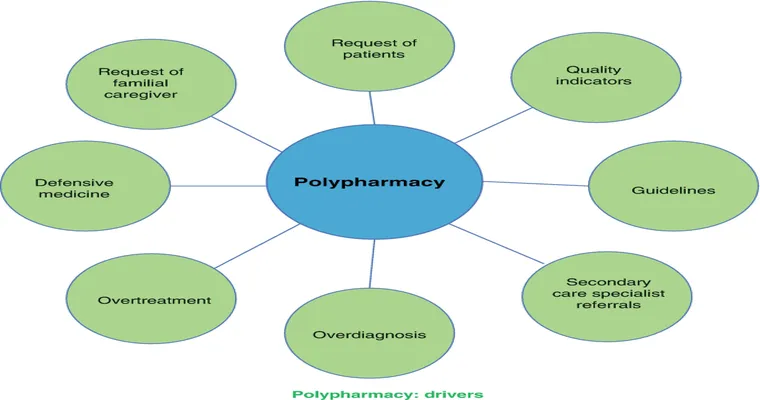In today's healthcare landscape, "medical overtreatment" has become a growing concern, particularly for "seniors". As older adults often face multiple health issues, the tendency to recommend excessive tests, procedures, and medications can lead to significant risks. This phenomenon not only affects the physical well-being of the elderly but also has emotional and financial implications. Understanding the consequences of overtreatment is crucial for caregivers and healthcare professionals alike.
One of the most alarming issues associated with "medical overtreatment" is the increased risk of "adverse drug reactions". Seniors are often prescribed multiple medications, leading to potential interactions that can cause serious health complications. The body’s ability to metabolize drugs declines with age, making the elderly more susceptible to side effects. This can result in hospitalizations, which could have been avoided with a more cautious approach to prescribing.
Moreover, overtreatment can lead to unnecessary "surgical procedures" that carry inherent risks. For seniors, the recovery process can be prolonged and complicated due to frailty or pre-existing conditions. Each additional procedure not only adds to the physical burden but also increases the likelihood of complications, such as infections or longer hospital stays.
The psychological impact of overtreatment is another area of concern. Seniors who undergo unnecessary procedures may experience increased anxiety and a diminished sense of autonomy. The feeling of being treated as a condition rather than as a person can lead to depression and a decreased quality of life. It is essential for healthcare providers to prioritize patient-centered care, focusing on the individual needs and preferences of seniors.
Financial strain is another dire consequence of medical overtreatment. Many older adults live on fixed incomes, and excessive medical interventions can lead to overwhelming bills. Out-of-pocket expenses for medications, tests, and procedures can deplete savings, forcing seniors to make difficult choices about their care. This financial burden can also affect their families, creating stress and strain on relationships.
To combat medical overtreatment, it is vital for healthcare providers to adopt a more judicious approach to treatment. Encouraging open discussions between patients, families, and healthcare professionals can help ensure that all parties are on the same page regarding treatment options. Implementing shared decision-making can empower seniors to take an active role in their healthcare, leading to better outcomes and satisfaction.
In conclusion, "medical overtreatment" can have dire consequences for "seniors", impacting their health, emotional well-being, and financial stability. By recognizing the risks associated with excessive medical interventions and promoting a more thoughtful approach to care, we can improve the quality of life for older adults. It is essential for everyone involved in senior care to advocate for a system that prioritizes what is truly best for the individual, ensuring that they receive the right care at the right time.





